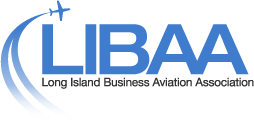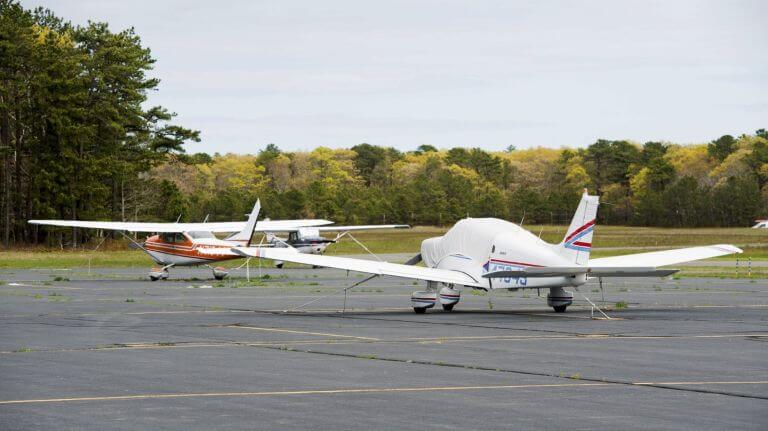The town was sued in 2015 after passing laws to curb noise at the airport and will use some of the revenue it generates, which last year topped $4 million, to defend itself.
By Jean-Paul Salamanca jeanpaul.salamanca@newsday.com @JPaulSalamanca
Updated April 3, 2018 7:27 PM
The Federal Aviation Administration has ruled that East Hampton can use airport revenue to fund a legal defense in a 2015 suit stemming from laws aimed at curbing noise at East Hampton Airport, according to a town statement released Tuesday.
A March 26 ruling by the federal agency stated that the town’s use of airport revenue to litigate operational issues at the Wainscott airport — including addressing noise complaints — did not violate grant assurance agreements with the FAA.
Airport revenue may be used for operating costs of an airport, which includes fees “related to airport-related legal issues,” the ruling stated.
Town officials said Tuesday that litigation expenses are projected to be about $2 million. The airport’s 2017 revenue was $4,280,579.
Town Councilwoman Kathee Burke-Gonzalez, former liaison to the airport, said the agency’s ruling “validated what we have known all along — the town has every right to use airport revenue to take legal actions or defend against them.”
The National Business Aviation Association, a Washington-based aviation advocate, and several aviation companies filed a Part 16 complaint with the FAA in May 2015 alleging the town violated the agency’s revenue diversion bylaws.
The complaint was filed after East Hampton adopted laws in April 2015 that included curfews for noisy aircraft and trip limits on aircraft deemed to make excessive noise. The laws were overturned in a November 2016 ruling by the Second U.S. Circuit Court of Appeals. The U.S. Supreme Court in June 2017 denied the town’s petition to review the lower court’s ruling.
The aviation association, which joined Friends of the East Hampton Airport and other companies in suing the town over the laws, argued in the complaint that East Hampton “is obligated to draw upon general funds and its tax base and not airport funds if it is to pursue an anti-airport agenda.”


